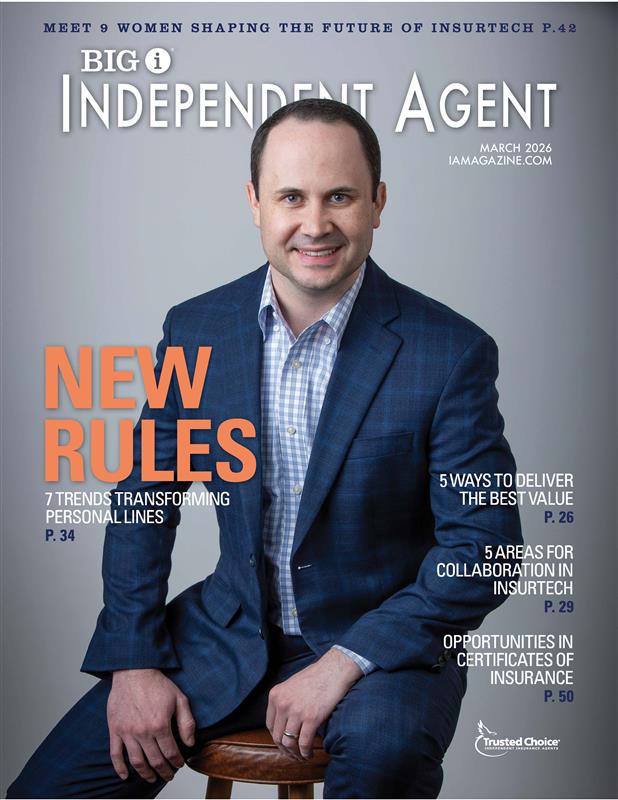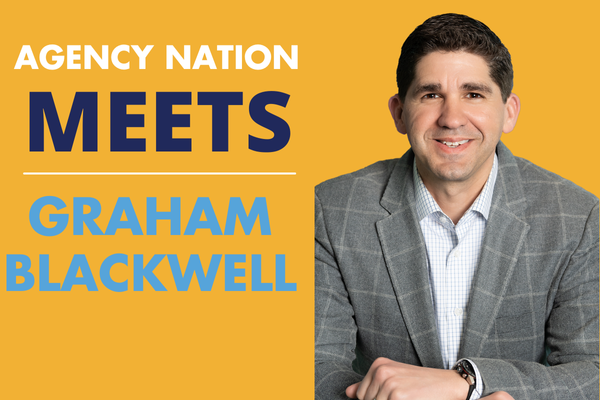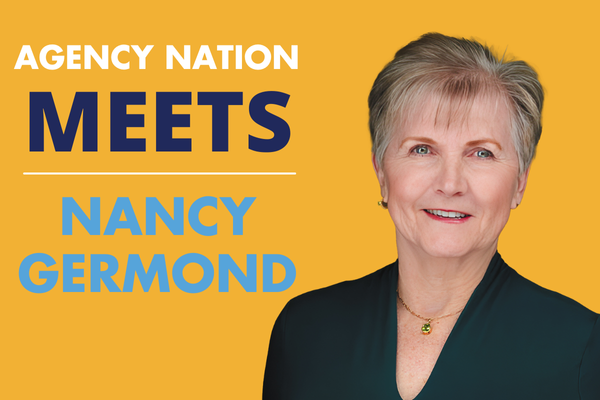5 Emerging Issues to Discuss with Your Hotel/Motel Clients

By: Jacquelyn Connelly
Hotels and motels have enjoyed stable insurance rates for several years, but thanks to heavy catastrophes and mounting litigation, the tides are starting to turn.
As your hotel/motel insureds confront rate hikes and coverage restrictions in the near future, how can you maintain your status as trusted financial adviser?
By going above and beyond to help them protect their bottom line, says Kurt Meister, senior vice president and national sales manager at Distinguished Specialty: “Doing that is helping them grow their business, and that’s how you set yourself apart from other brokers that may simply be looking to place coverage inexpensively.”
Here are five emerging trends to discuss with your hotel/motel insurance clients to help them stay competitive this year:
1) Cyber. As more hotels and motels fall victim to various types of cyberattacks, “it seems that everyone is finally becoming more aware of the coverages afforded—and not afforded—under add-on cyber products,” says John Welty, practice leader for Venture’s SUITELIFE program.
Welty says that over the last two or three years, hotels and motels have typically either purchased cyber as an endorsement on their commercial package policy, or not at all. “When that occurs, your cyber product is very limited in the coverages it affords,” he points out. “A standalone product is going to provide much broader coverage than the throw-in type of cyber product that’s available on a business owners policy.”
That’s especially important for franchisees, Meister says: “If your client is a branded facility, investigate what limit the brand is requiring for cyber. That’s key, because a lot of franchised brands have liability limits baked into their contracts. It’s the client’s job and the broker’s job to make sure those coverage limits are met.”
And that will almost always require purchasing a standalone policy, “unless there is robust coverage under an endorsement to the general liability policy,” Meister adds. “Typically, endorsements have such low sublimits that the client is not only not meeting the brand requirements—they’re also certainly not covering themselves in the event of a data breach.”
2) Millennial clientele. Welty points out that younger patrons prefer hotels that take their passions seriously, which may mean everything from environmentally sustainable practices and voice-activated technology to grab-and-go food service and in-room fitness facilities.
Millennials are also the driving force behind a trend called “poshtels”—establishments that are “very similar to hostels, but three steps higher,” Welty explains. “They have better technology, better amenities, nicer facilities—they cater to millennials who would like the ability to share a room with friends, but want to do so at a higher level than what a hostel normally provides.”
3) Vendor risk transfer. Meister calls this “simple blocking and tackling,” but he doesn’t see many agents and brokers coaching and counseling their hotel/motel clients in the area of risk transfer related to contracts and vendors.
The same liability trends that are impacting hotels and motels are also impacting the vendors they do business with, from valets to shuttle services to providers of beach amenities. And that means “if you’re not moving the limit requirements up with your vendors, you should be considering it,” says Meister, who cites a $2-million loss on a beach umbrella that blew away and caused a fatality. “That’s the kind of thing you need to be thinking about—the unthinkable.”
As an agent, “your job is to make sure your client is collecting and maybe even sending you a certificate of insurance from that vendor showing the carriers, the limits and the policy numbers,” Meister says. “Then, make sure the contract states that the vendor needs to name the hotel as an additional insured on the policy, and that the contract also holds the hotel harmless for claims that come up due to the sole negligence of the vendor.”
“That contractual risk transfer has to be there,” Meister adds. “Otherwise, it’s just going to flow to the deeper pockets.”
4) Human trafficking. This issue “has come to the forefront within the industry across the U.S. as well as internationally,” Welty says—and it’s partially responsible for rate increases in hotel/motel liability insurance.
Whether it’s sex trafficking or labor trafficking, “hotels are a perfect place for these types of predators to operate,” Meister says. “Hotel staff needs to be on the alert, and they need to be trained on what to look for, because they can be deemed liable if something happens—they should have seen something, they should have said something.”
With labor trafficking in particular, “most people don’t understand how many people a single hotel employs,” Meister points out. “The number can range from hundreds to thousands for one hotel, depending on its size, and they’re cycling through employees. You need to make sure you’re hiring employees directly, or that you’ve fully vetted any service that’s providing hotel employees for you.”
Welty adds that risk management in this area must be targeted to specific operations within the hotel, “whether that means the front of the house, food and beverage, maintenance and engineering, housekeeping, security or amenities,” he says. “Risk management should focus on providing resources for those specific areas. For example, what do the front desk employees need to look for versus what housekeeping needs to look for?”
Everyone working at a hotel has a role to play, but “those are different depending on what they see on a day-to-day basis,” Welty explains. “How do you identify those exposures for the different operations within the hotel?”
5) Security. On a similar note, Meister points to panic buttons as an emerging risk management trend for hotels/motels concerned with keeping their employees safe—especially staff members who may be working in isolation, such as housekeepers.
“The panic button is a device you check out when you come into work, then have on your person so that if there’s ever a situation where you’re alone and in danger, you can have somebody at your room location within minutes,” Meister explains. “They can pinpoint exactly where you are on premises and send immediate help.”
Finally, your hotel/motel clients should also consider active shooter training for their staff. “That’s a huge need for hotels on the whole, but especially now that there’s precedent where hotels can be held liable for a situation that happens on premises,” Meister says. “Ignoring the exposure is not the way to go. Meeting the exposure head-on and doing whatever you can to keep people safe is not only your moral responsibility—it’s also a good move from a legal perspective.”
Jacquelyn Connelly is IA senior editor.









